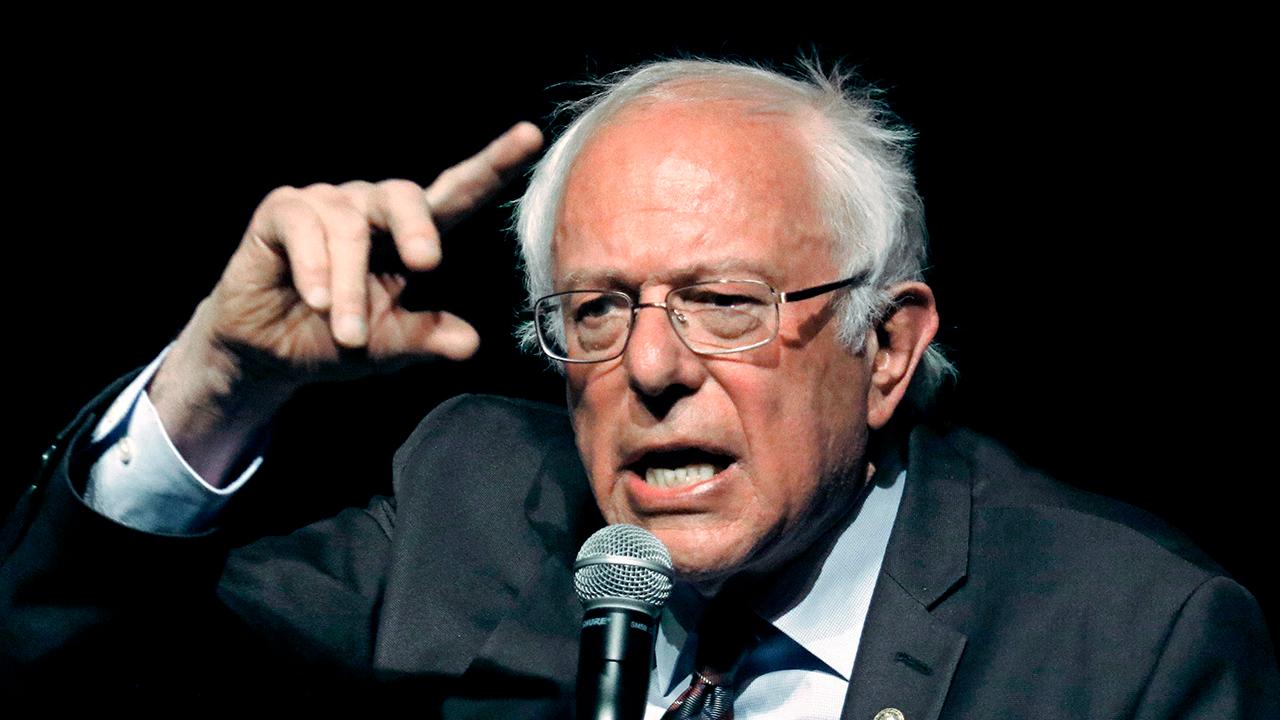Democrats introduce $15 minimum wage bill
Congressional Democrats formally introduced a bill on Wednesday that would gradually raise the federal minimum wage to $15 per hour.
Called the “Raise the Wage Act,” the legislation would increase the nationwide minimum pay rate to $15 by 2024 through scheduled annual increases. It has more than 180 co-sponsors, including support from House Speaker Nancy Pelosi, D-Calif., and Senate Minority Leader Chuck Schumer, D-N.Y.
Independent Vermont Sen. Bernie Sanders, who announced his support of the bill on Monday, said a $15 minimum wage would increase pay for “more than 25 percent of the U.S. workforce.”
Sanders, who is rumored to be mulling a 2020 presidential bid, has called the current federal minimum wage – at $7.25 – a “starvation wage.” The senator has successfully campaigned to get big corporations – like Amazon – to raise employee pay to $15.
While the legislation could feasibly pass in the Democratic-controlled House, it faces an uphill battle in the Senate – where Republicans still hold a majority.
Not all conservatives are opposed to bigger paychecks, however, though they typically don’t support a federal mandate.
White House economic adviser Larry Kudlow, for example, argued against having the federal government set the national minimum wage since conditions vary meaningfully among states.
“The federal government shouldn’t have jurisdiction over the states anyway in a matter like this,” Kudlow said. "The conditions are different in these states, the cost of living is different, the state of business is different.”
There are conflicting reports as to how a $15 minimum wage could impact the economy. A new study from the Employment Policies Institute – which opposes a minimum wage hike – says raising the minimum to $15 by 2020 would cost the U.S. more than 2 million jobs.
CLICK HERE TO GET THE FOX BUSINESS APP
Other reports, from left-leaning groups, assert raising the minimum wage to $15 by 2024 would increase salaries for more than 40 million Americans.
Twenty states raised their minimum wages at the outset of 2019, including California, New York and Washington.




















